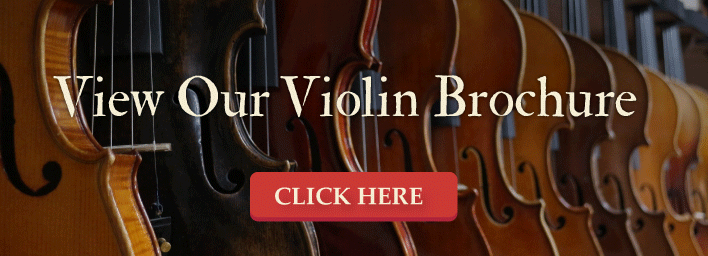Strategies For Surviving The Last Year Of Music School

Remember when you were nervous about surviving your first year of music school? Welcome to your last year, which brings a whole new level of nerves and questions as "Real World Adult Life" rapidly approaches.
While unchecked anxiety doesn't do you any favors, it's also true that taking a methodical and intentional approach to these last few months will help you feel confident about your future – and may even land you a job before the first measure of Edward Elgar's Pomp and Circumstance are heard at your commencement ceremony.
Heed key points from The Juilliard Effect...
In 2004, the New York Times ran a comprehensive article about The Julliard Effect..., highlighting the many varied paths music or conservatory graduates take after graduating with a music degree. While some went on to have successful careers, others found it challenging to navigate the professional world without the wider range of classes taken by fellow job applicants with more traditional degrees.
Click Here to read, The Julliard Effect: Ten Years Later, to learn more about the students who've graduated from Julliard, where they were a decade after receiving their degree, and what they wish they knew then. Their insights can provide valuable wisdom and tips to make more informed choices now, and into the following post-graduate year.
Meet with a Career Counsellor ASAP
If you're lucky, performances, contracts, spots in the orchestra of your dreams – all will fall directly into the palm of your hand. Even so, the life of freelance musicians always rests in a tentative balance. A trip to the school's career counselor can be an early career lifesaver.
First, career counselors are continuously networking with organizations, companies, and individuals looking for professional musicians or jobs requiring musical expertise. They may have contacts or job opportunities that are perfect for you, and their referral can get your application or audition to the top of the list. However, career counselors also have additional tools in the career toolbox, namely in the form of career aptitude tests that take a more well-rounded look at who you are, your interests, your personality type, and your strengths/weaknesses.
From the results of these tests, they can tell you the types of jobs and careers you're well-suited to outside of the music realm. The results are often surprising and yield new ideas to consider, providing important feedback about what your next steps would be to continue moving forward in an inspiring, professional career.
Is there a way to round out your education?
If you're studying at a music conservatory, you may automatically skip any non-required classes that don't exactly match your music interests. This isn't the wisest course of action if you aren't sure what you want to do after graduation, or you're planning to pursue a highly-competitive position. The more well-rounded your education is, the more likely you are to find a job you enjoy while you continue to pursue your dream job post-graduation.
For example, business and marketing courses pair well with music degrees because they blow your job potential wide open. Instead of becoming the next new member of Black Violin, your musical expertise and business/marketing acumen may land you a job as their PR rep, agent, or promoter.
Other interesting jobs connected to the music world include:
- Artist and Repertoire (A&R) Representative: You're the one who susses out the next great talents for labels and producers.
- Music supervisor: Select the music featured in the soundtracks of TV shows and films.
- Music Therapist: Music therapy is a hot niche in the world of psychology, pairing your compassionate, healing heart and superb musicianship.
That aforementioned career counseling appointment and a deep dive into secondary and tertiary passions, talents, and interests may take your music career in a whole new direction – and a whole new level.
Start looking for jobs early
One of the biggest mistakes college students make is waiting until after graduation to begin applying for jobs. Of course, when you take into consideration higher-level coursework, finals, critical performances, and solo recital preparations, it's no wonder most students feel there's no room to add "job hunt" to their plate.
However, taking the time in the spring (perhaps during spring break or right afterward) to look for jobs, get letters of reference lined up, and put a professional-quality cover letter and resume together could mean walking off stage with both a diploma and a secure job. Many employers are willing to hire up-and-coming graduates before they have their degree, on the contingency that you complete your coursework and graduate. That's a huge relief to a stressed-out college graduate and will give you invaluable peace-of-mind for those last months of school when everyone else around you is anxious.
Breathe deep, center yourself, and step out of your last year of student anxiety. With a clear head and heart, and a well-thought out plan, you'll land exactly where you're meant to.


